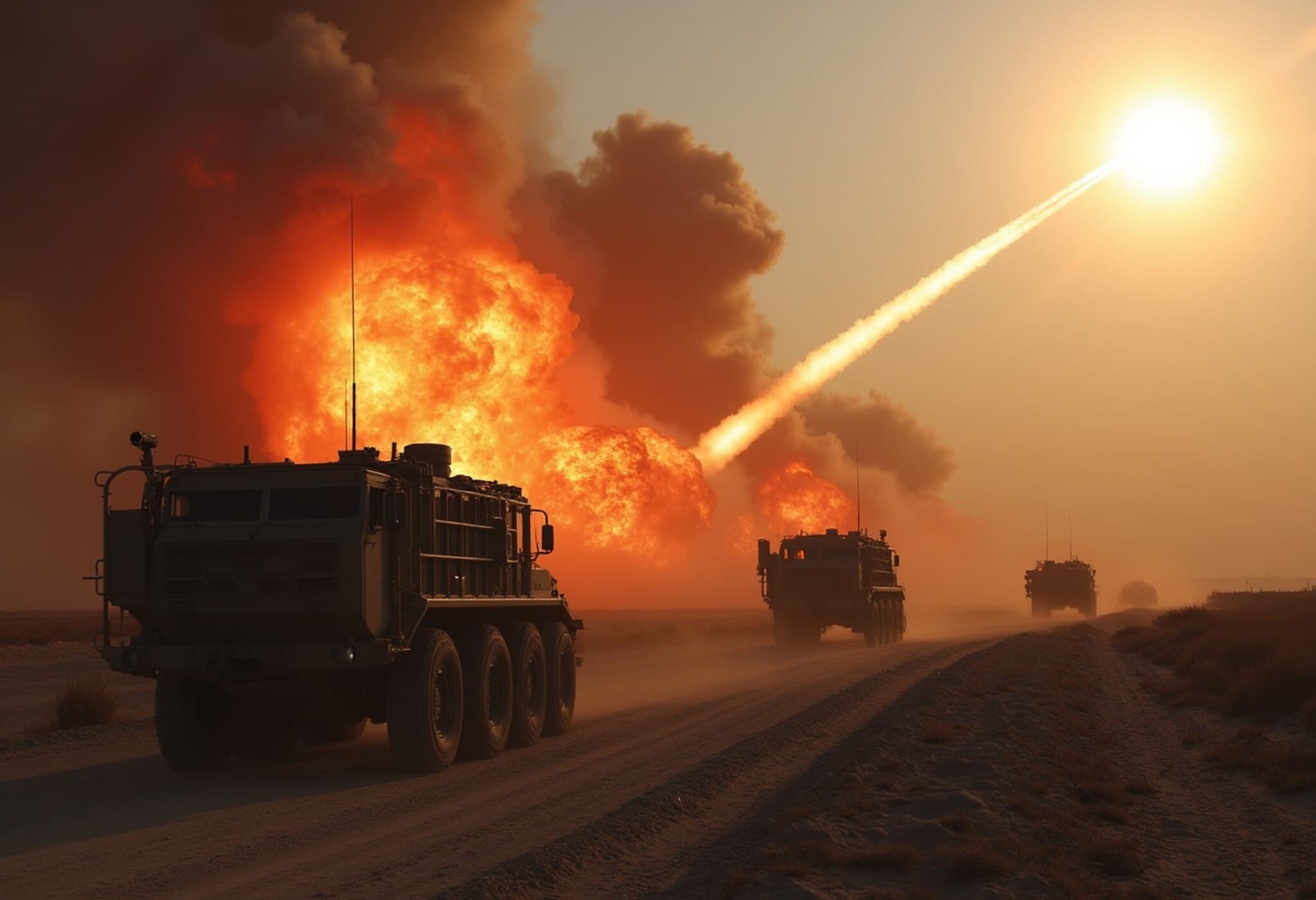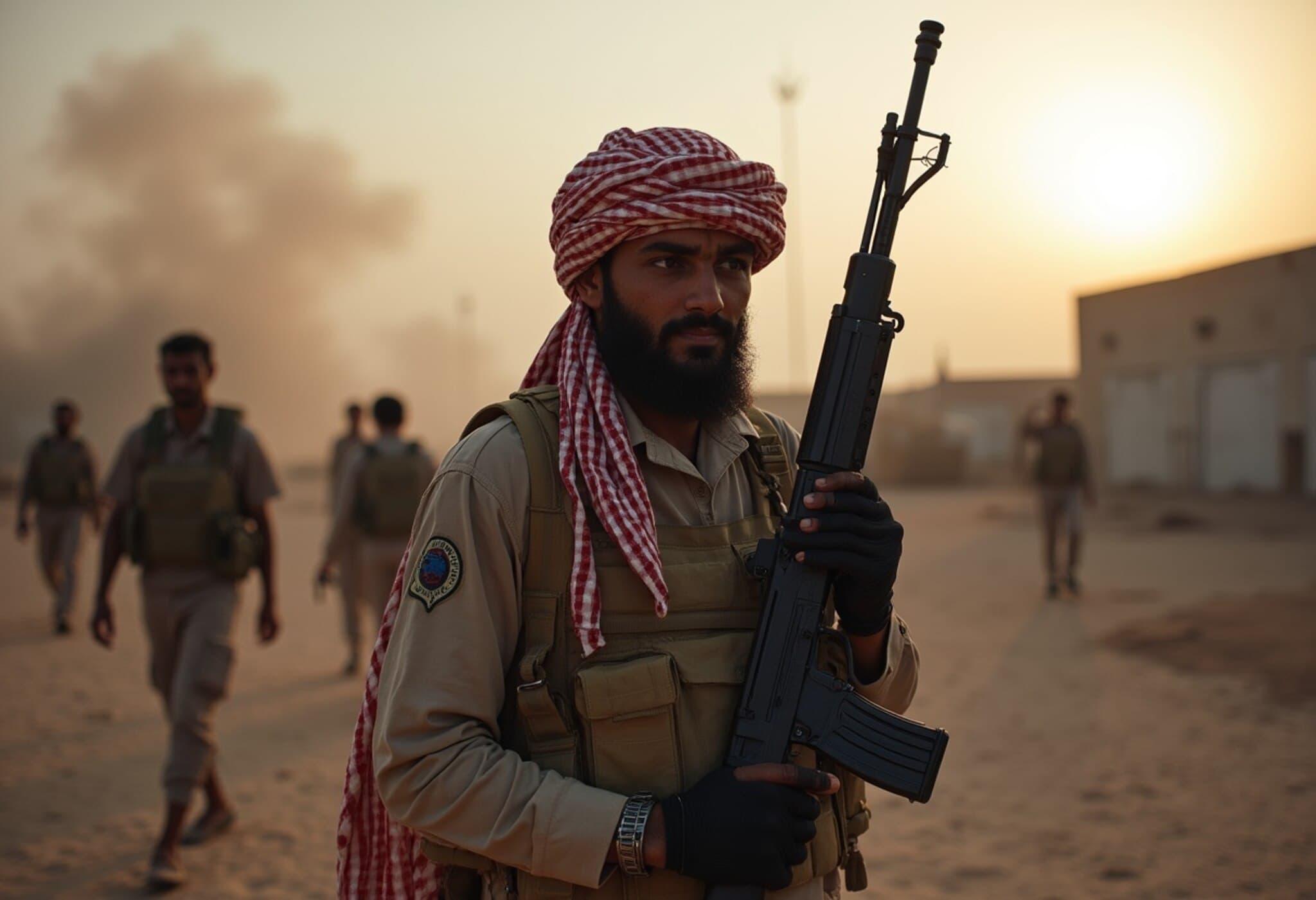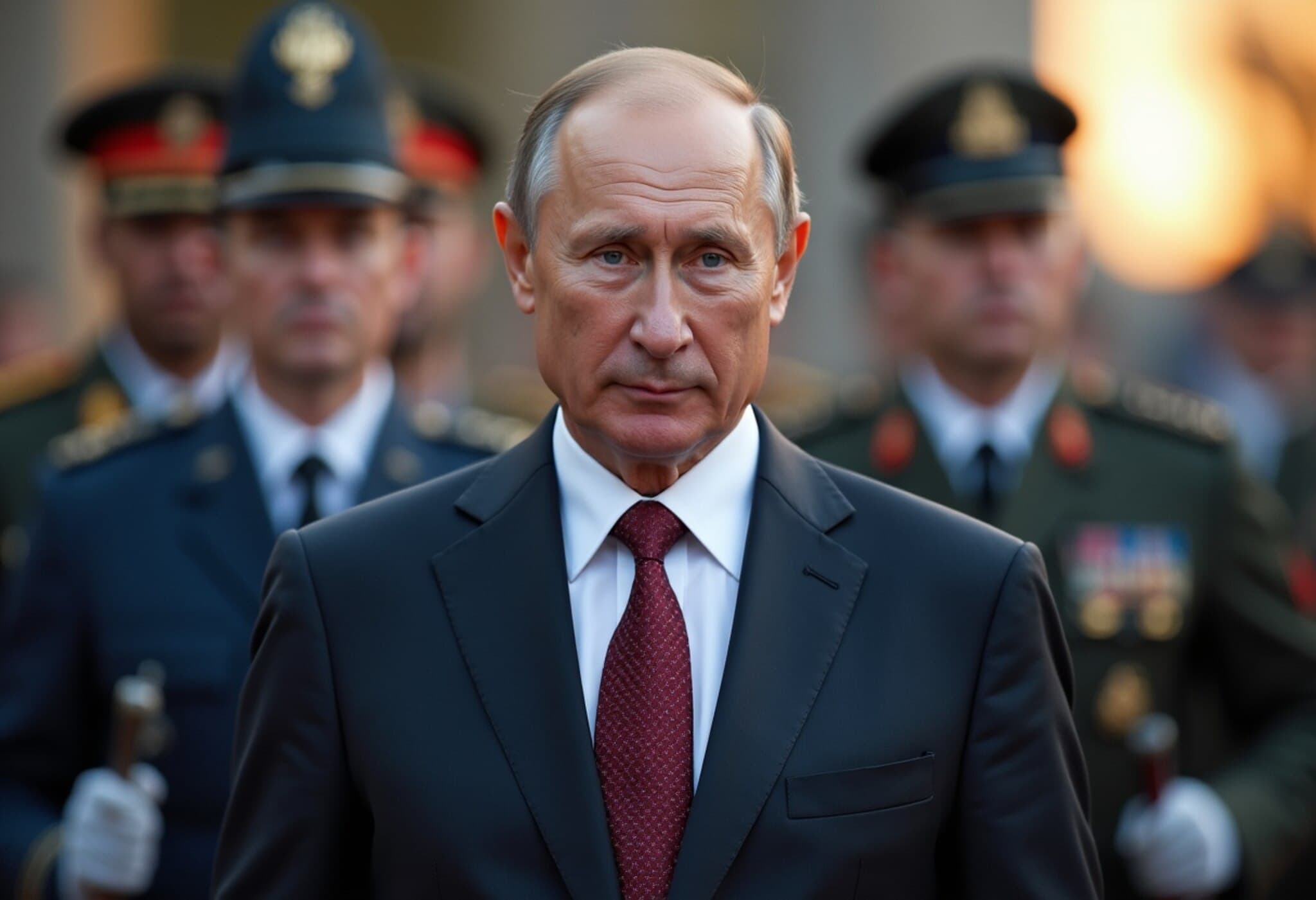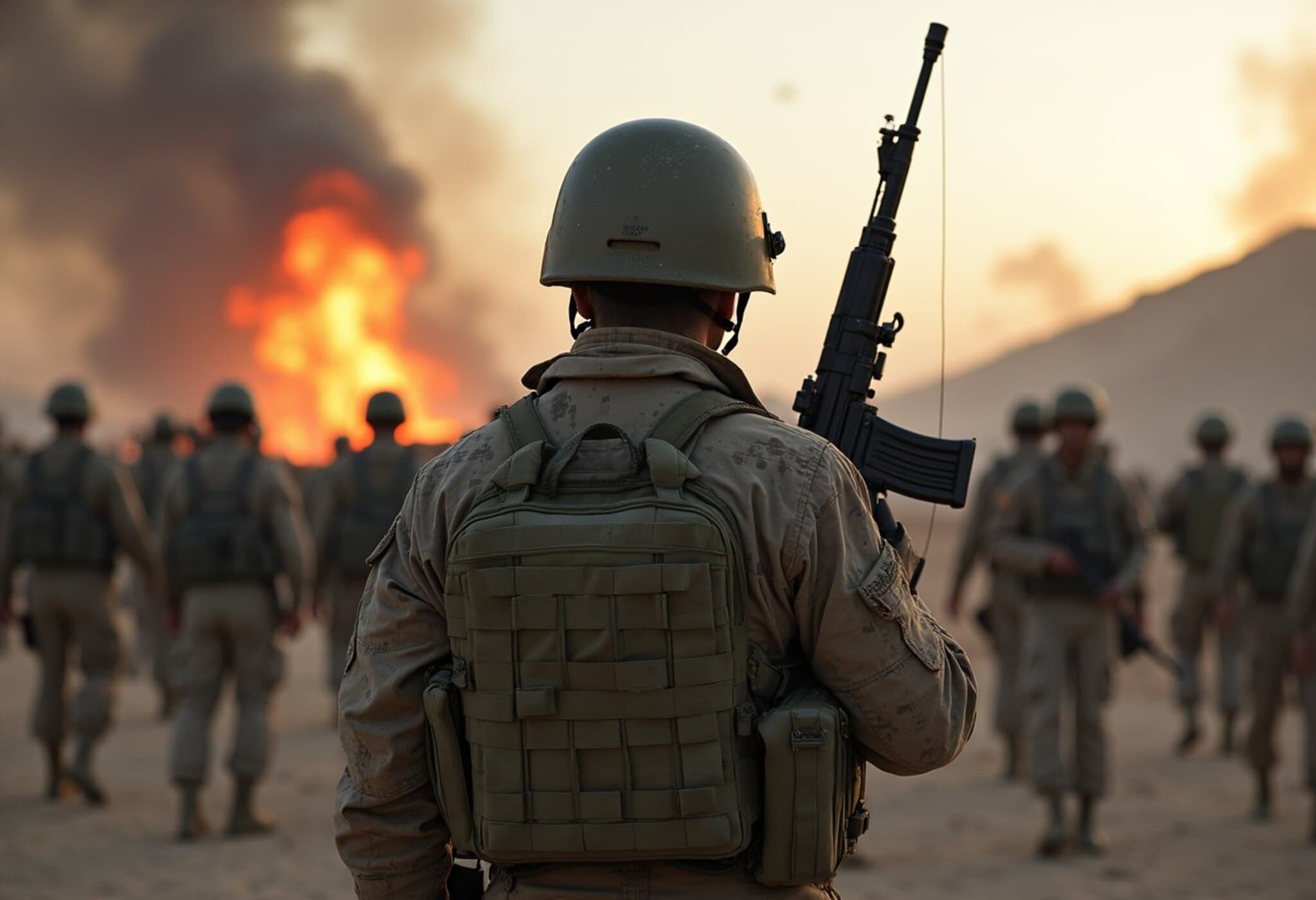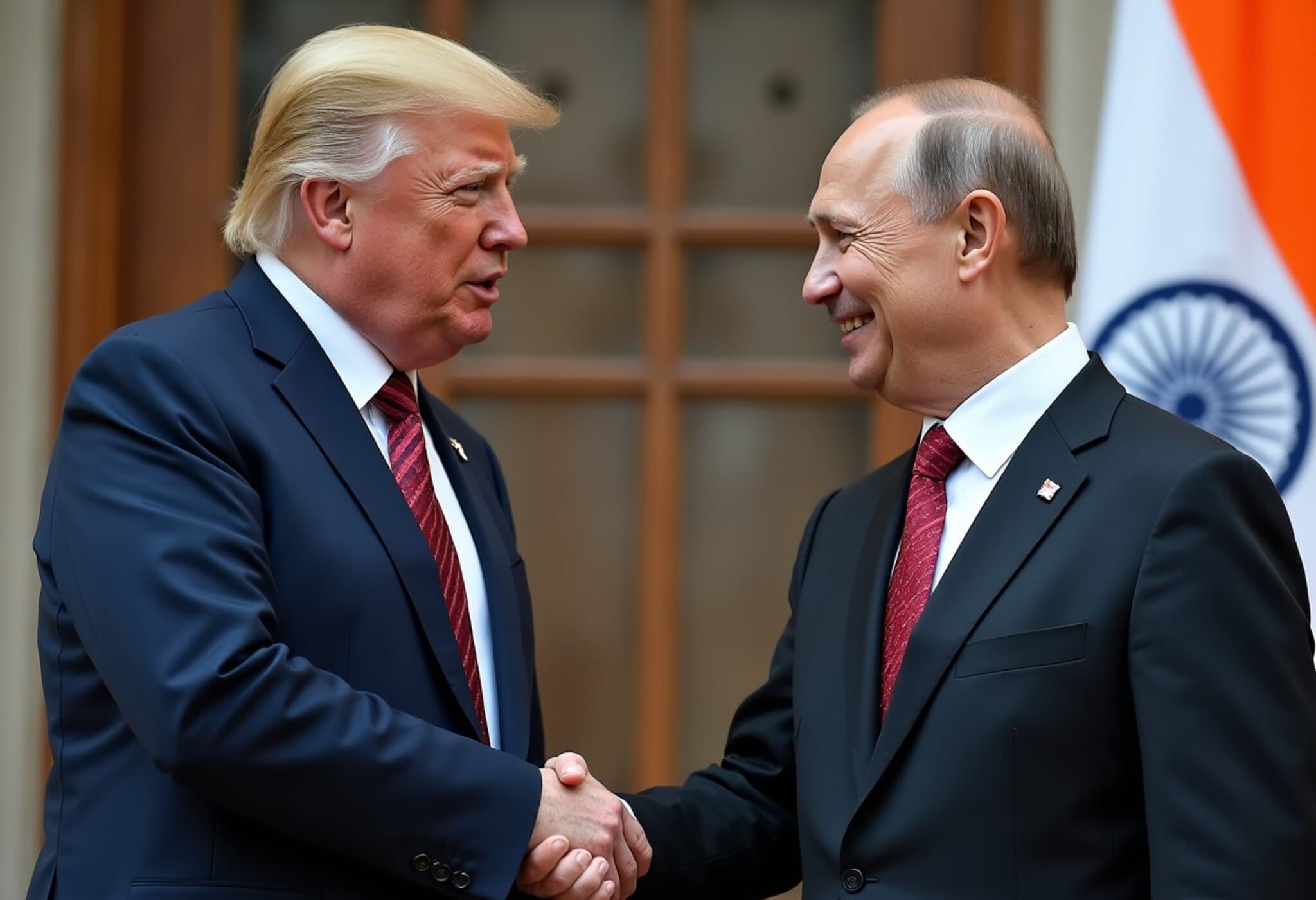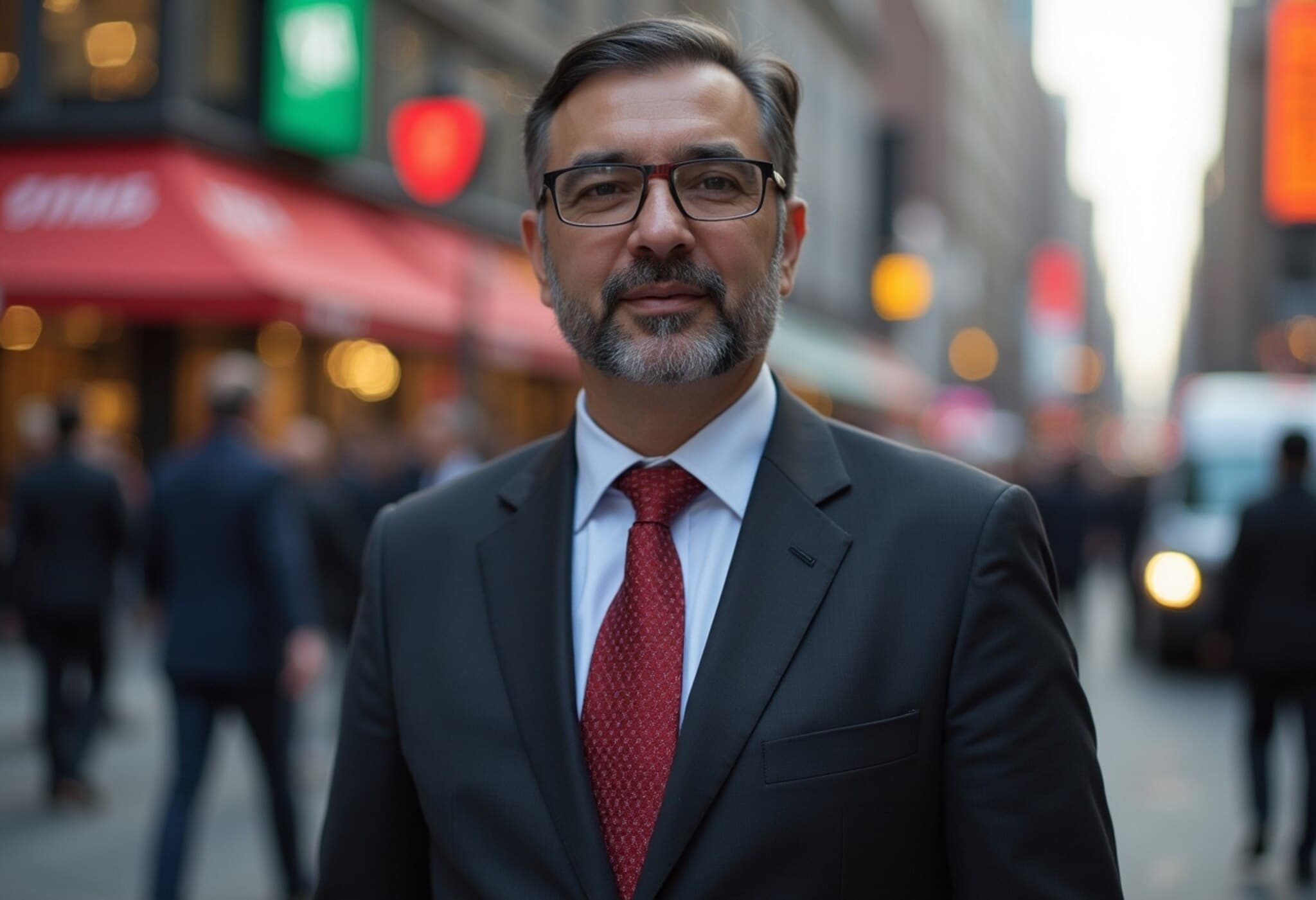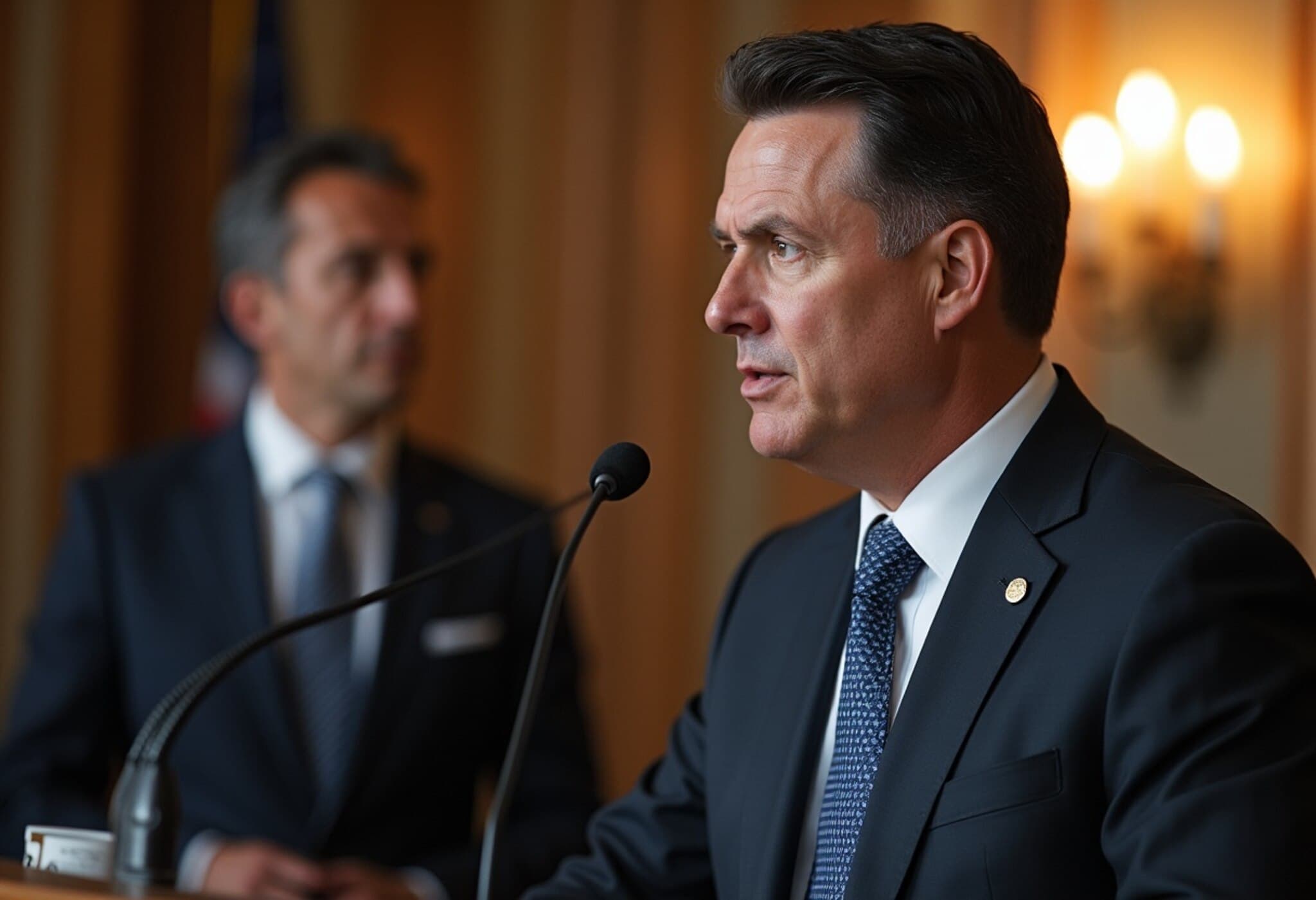The Hidden Struggle of Mentally Ill Soldiers in Ukraine’s Draft
Vasyl’s story is one that haunts the realities of wartime conscription in Ukraine. At 28, this central Ukrainian man, living with a diagnosed personality disorder since 2015, was still drafted into military service despite his ongoing psychiatric care. His tale lays bare an urgent question: how are individuals with serious mental health conditions ending up on the front lines?
Vasyl’s symptoms — including memory lapses, disorientation, and heightened confusion, especially under stress — create a gripping portrait of vulnerability. His partner, Olena, recounts the heartbreaking attempts to have his 2015 psychiatric diagnosis recognized by military officials, only to see it dismissed as outdated despite the incurable nature of his disorder. Vasyl’s mental health, she fears, poses a threat not only to himself but also to his comrades when subjected to the intense pressures of military service.
Ukrainian Military Draft and Mental Health Screening: The Systemic Gaps
At the core of this issue lies Ukraine’s medical information system, Helsi, designed to integrate health data for transparent military medical evaluations. However, a crucial privacy caveat means psychological diagnoses only enter the system with patient consent — a barrier Vasyl’s case starkly illustrates. Without official documentation in Helsi, military doctors must rely solely on what is presented during physical examinations.
Legal experts like Yevhen Tsekhmister highlight that while the Ministry of Defense’s Order No. 402 officially disqualifies those with such diagnoses from service, the reliance on voluntary data sharing leaves the door open for flawed recruitment, especially as some men purposely feign illness to evade conscription. This dynamic generates a paradox: genuine cases of mental illness may be overlooked amid concerns about draft evasion.
Thousands of Complaints Spotlight Mobilization Challenges
Recognizing the complexity, the Ukrainian government appointed human rights activist Olha Reshetylova as military ombudswoman in late 2024. She urges recruits themselves to update both Helsi and military records continuously, aware that stress and rigors of training can exacerbate or reveal underlying mental health problems.
Complaints paint a troubling picture: Dmytro Lubinets, Ukraine’s parliamentary commissioner for human rights, reports over 2,000 grievances related to mobilization abuses in early 2025 alone, on top of 3,500 complaints in 2024. While not all claimants provide accurate information, cases leading to discharge have occurred thanks to persistent advocacy and oversight.
Lubinets stresses a nuanced approach, noting that many medical challenges do not outright disqualify recruits but would necessitate careful allocation to roles fitting their health status. "Not every health problem automatically makes you unfit," he states, advocating for measured integration of recruits based on capabilities.
Behind the Lines: Anecdotes from Commanders and Soldiers
Anonymous brigade commanders reveal an unsettling reality: recruits arriving with serious health conditions such as tuberculosis, severe dental issues, and substance dependencies. Some, repeatedly rejected by other units, end up at the front with minimal assessment. These soldiers often occupy support or logistics roles simply to fill ranks, despite posing operational challenges.
Eyewitness accounts from soldiers like Kyrylo and Oleksandr expose gaps in medical screening, with some epileptics and even individuals diagnosed with schizophrenia passing initial draft procedures. In a striking 2024 incident, a schizophrenic marine recruit was only discharged after his condition became apparent post-basic training — a lucky break confirming systemic weaknesses.
The Legal and Medical Complexity of Incomplete Discharges
Tsekhmister underscores an alarming paradox: many recruits suffer multiple health ailments that individually fall below the criteria for discharge. The result is a cohort of physically and mentally vulnerable soldiers shuffled through the system, struggling to perform military duties while receiving only basic care.
This ‘dumping ground’ phenomenon highlights the urgent need for refined medical standards and unit assignments, especially among ground troops where defensive operations demand both mental acuity and physical endurance.
Official Response and the Path Forward
Ukraine’s Medical Forces Command maintains that their assessment procedures align with both national legislation and international best practices. Colonel Yuriy Podolyan emphasizes that medical evaluations are strictly diagnosis-based and that combinations of illnesses are not formally considered.
While official protocols conform to current regulations, the military ombudswoman and advocates argue this rigidity hinders holistic understanding of a recruit’s fitness. The ongoing review and planned reforms of Order No. 402 aim to close these gaps.
Vasyl’s Fate and Broader Implications
As Vasyl nears the end of his basic training and awaits unit assignment, legal efforts are underway to secure him a second psychiatric evaluation. Meanwhile, concerns mount over his access to weapons and the unpredictability of his mental health in combat zones.
His case encapsulates a dangerous tension: balancing national defense exigencies amidst war with the well-being of vulnerable individuals drafted into service through flawed systems. It raises profound ethical and practical questions about how modern conflicts strain national institutions and demand innovative responses.
Editor’s Note:
Vasyl’s story isn’t just about one man—it shines light on the broader systemic shortcomings in Ukraine’s military draft process during a time of acute crisis. The intersection of mental health, data privacy, and military necessity highlights unseen casualties of war beyond the battlefield.
As Ukraine navigates mobilization, there is a pressing need to harmonize human rights with defense imperatives through stronger legal protections, better mental health screening technologies, and compassionate care.
For readers, this story prompts reflection: How can countries at war balance the urgent demand for soldiers with the ethical duty to protect vulnerable individuals? What reforms can safeguard both national security and human dignity?
Such questions demand ongoing scrutiny from policymakers, medical professionals, and civil society alike—underscoring the human cost of war that too often remains in the shadows.


